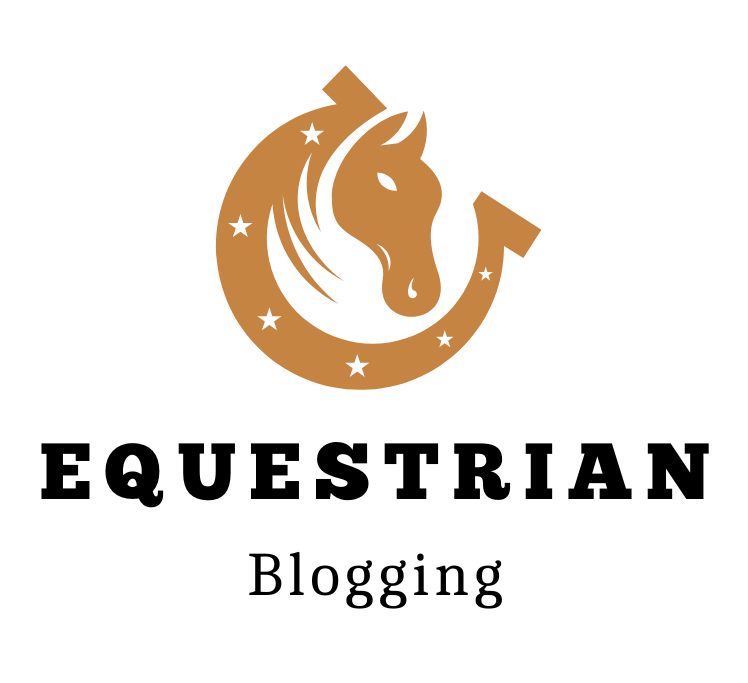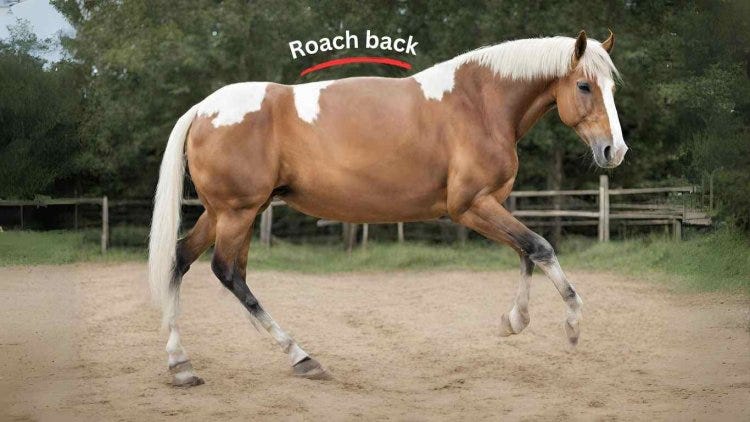Horses roll to relieve itching and gain temporary relief from insects. Rolling helps horses shed their coat, maintain it, and regulate body temperature.
Horses engage in rolling behavior for various reasons, primarily to alleviate itching and irritation. It serves as a way for them to maintain their coat, regulate their body temperature, and potentially communicate with others in their herd. Understanding why horses roll can provide insight into their well-being and behavior.
Additionally, observing when and how horses roll can offer valuable information about their comfort and health. By examining this natural behavior, horse owners and caretakers can better attend to the needs of their equine companions.

Unveiling The Mysteries Of Equine Rolling
Horses roll to gain temporary relief from flies, insects, and itching. They may also roll after a bath to alleviate discomfort and remove sweat.
Rolling behavior in horses reflects their relaxation and sense of safety. It can be contagious among horses in a relaxed environment.
Observing Your Horse’s Rolling Habits
Horses roll to scratch an itch, relieve irritation from tack, and get temporary relief from insects. They also roll for pleasure and relaxation. Observing your horse’s rolling habits helps in understanding its physical and mental well-being. Understanding why horses roll aids in providing proper care and ensuring their comfort.
When Do Horses Roll?
Horses roll to gain temporary relief from various irritations, such as itching, after being saddled, or to alleviate discomfort caused by insects.
Interpreting Rolling Behavior
Horses typically roll after exercise, grooming, or when in a relaxed state. Understanding the context can help decipher the reason behind their rolling.
Factors Influencing Equine Rolling
Horses roll for various reasons: to scratch an itch, get rid of winter coats, relieve irritation from sweat, and combat flies. Rolling indicates pleasure and relaxation, often observed in a contagious behavior among horses for coat shedding and temperature regulation.
Physical Comfort And Well-being
Horses often roll to alleviate discomfort and maintain their physical well-being. Rolling enables them to relieve itching, discomfort from sweat, or to adjust ill-fitting tack.
Environmental And Social Factors
The environment plays a crucial role in a horse’s rolling behavior. They may roll to regulate body temperature, apply natural bug defense, or simply to engage in social grooming behaviors.
Addressing Rolling Behavior In Horses
Horses roll to find temporary relief from various discomforts like itching, sweat, or insect bites. Rolling after a bath or removal of tack is common for horses as they enjoy the sensation and use it to scratch themselves or regulate their body temperature.
Preventing Unwanted Rolling
In order to prevent unwanted rolling behavior in horses, it is important to address the underlying causes and provide appropriate solutions. Here are some measures you can take:
- Maintain a clean and comfortable environment: Ensure that the horse’s living space is regularly cleaned to minimize the presence of irritating substances such as mud and dust. Providing a soft and dry bedding can also help prevent itching and discomfort.
- Implement a regular grooming routine: Regular grooming helps keep the horse’s coat clean and free from irritants. Brushing and bathing can help remove dried sweat, dirt, and insects that may contribute to the urge to roll.
- Use fly repellents: Applying fly repellents or using fly sheets can help reduce the annoyance caused by flies and other insects, decreasing the need for the horse to roll for temporary relief.
- Address underlying health issues: Sometimes, horses may roll excessively due to underlying health problems such as skin allergies or parasites. Regular veterinary check-ups and appropriate treatment can help alleviate these issues.
- Provide mental stimulation and social interaction: Boredom or loneliness can lead to excessive rolling behavior. Ensuring that the horse has access to turnout, companionship, and activities such as toys or puzzles can help prevent boredom-related rolling.
Understanding Behavioral Motivations
To effectively address rolling behavior in horses, it is crucial to understand the behavioral motivations behind it. Here are some common reasons why horses engage in rolling:
- Pleasure and itch relief: Horses often roll for pleasure and to scratch an itch. After a ride, bath, or exertion, rolling helps relieve any discomfort caused by sweat or physical exertion.
- Insect avoidance: Rolling is a natural response to flies and other biting insects. By rolling, horses can create a temporary barrier between the insects and their skin, providing relief from irritation.
- Natural behavior: Rolling is a natural behavior for horses and serves various purposes in the wild, such as marking territory and stretching muscles. Even domesticated horses may have a natural inclination to roll.
- Social influence: Horses are herd animals and can be influenced by the rolling behavior of other horses. They may roll as a result of social cues, seeing other horses in the herd engage in rolling.
- Physical discomfort or pain: In some cases, excessive rolling can indicate underlying physical discomfort or pain. It is important to monitor the horse’s overall health and consult with a veterinarian if necessary.
By understanding these behavioral motivations, horse owners and caretakers can devise appropriate strategies to manage and address rolling behavior in horses.
Role Of Rolling In Equine Health
Horses roll for various reasons, including pleasure, to scratch an itch, or alleviate irritation from sweat and insects. Rolling is a natural behavior when horses feel relaxed and safe, and it can be contagious among a group of horses. It also aids in shedding and maintaining their coat, and regulating body temperature.
Shedding And Coat Maintenance
Rolling plays a significant role in equine health, particularly in terms of shedding and coat maintenance. Horses have a natural instinct to roll, which helps them effectively shed their winter coat and promote a healthy, shiny coat. Rolling helps loosen the dead hair and stimulates oil glands in their skin, which results in improved circulation and healthier hair growth. As horses roll, they rub against the ground, effectively removing loose hair and dirt that may have accumulated in their coat.
Regulating Body Temperature
Another important function of rolling is to regulate body temperature. Horses roll to cool down their bodies during hot weather. When they lie down and roll, the earth’s surface helps to transfer heat away from their bodies, providing a cooling effect. Additionally, rolling also helps horses warm up their bodies during colder weather. As they roll, the friction of their body against the ground generates heat, allowing them to maintain their body temperature in cooler climates.
In conclusion, rolling plays a vital role in equine health by assisting with shedding and coat maintenance, as well as regulating body temperature. By allowing horses to engage in this natural behavior, horse owners can contribute to the overall well-being and comfort of their equine companions.

Credit: issuu.com
Frequently Asked Questions On Why Do Horses Roll
Are Horses Happy When They Roll?
Horses roll for pleasure, to scratch itches, and to relieve irritation from drying sweat or flies. It is a natural behavior when they feel relaxed and safe. Rolling can also help them shed their coat and regulate their body temperature.
What Does It Mean When A Horse Rolls On Its Back?
When a horse rolls on its back, it is usually because it wants to relieve itchiness or irritation. It can be caused by a winter coat or biting insects. Rolling provides temporary relief and protection from these discomforts.
Why Does My Horse Roll When He Sees Me?
Horses roll when relaxed and feel safe. They do it for pleasure, to scratch an itch, and to relieve irritation from sweat, insects, or their coat. Rolling can be contagious among horses and often occurs after removing tack or having a bath.
What Does It Mean When A Horse Rolls Next To You?
Horses may roll next to you to scratch an itch, relieve post-ride sweat, or deter insects.
Conclusion
Horses roll for various reasons. It could be for pleasure, itch relief, or to regulate body temperature. Observing your horse’s rolling habits can provide valuable insights into their mental state and physical comfort. Understanding why horses roll can help in ensuring their well-being and building a stronger bond with these magnificent animals.

